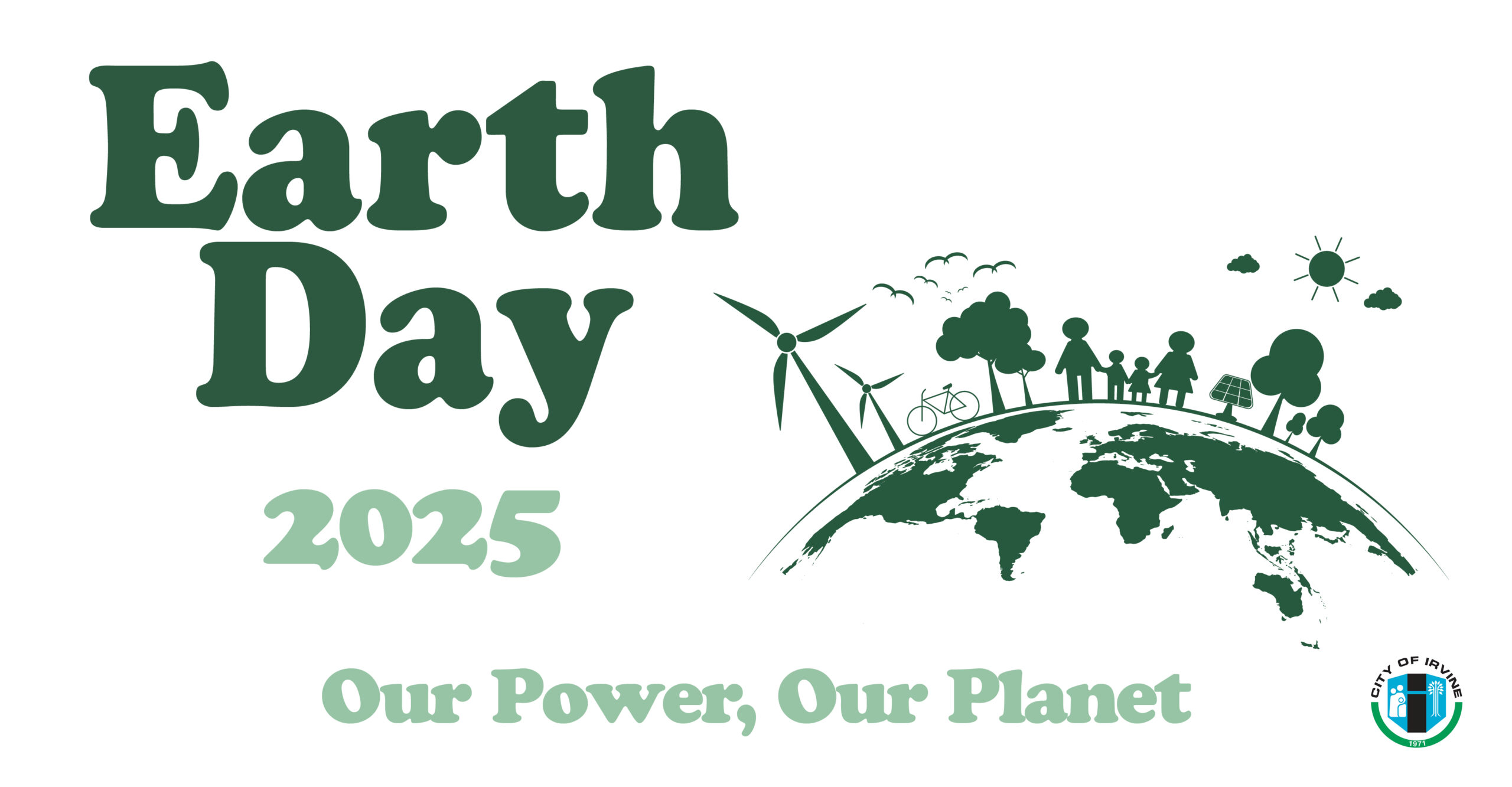By: Professor Edward Wiafe Debrah, Environmentalist and Pro-Vice-Chancellor of the University of Environment and Sustainable Development (UESD)
Each year on April 22, the world unites to observe Earth Day, a global movement dedicated to raising awareness and inspiring action for environmental protection. The theme for World Earth Day 2025, “Our Power, Our Planet” resonates deeply with many countries grappling with the consequences of environmental neglect—and Ghana is no exception.
As we commemorate Earth Day this year, Ghanaians are called not only to celebrate our natural heritage but also to reflect on our pressing environmental challenges and, more importantly, to act decisively. The theme urges us to confront one of the most insidious environmental threats of our time: plastic pollution and also gives us a moment to take stock of the broader ecological crises that endanger our land, water, forests, and future.
Plastic Pollution: Ghana’s Growing Crisis
Plastic pollution has become a menace across Ghana’s urban and rural landscapes. From the clogged drains of Accra to the once-pristine shores of Ada and Cape Coast, single-use plastics—especially sachet water bags, polythene wrappers, and food packaging—are choking our environment. According to the Environmental Protection Agency (EPA), Ghana generates over 1.1 million tons of plastic waste annually, with only less than 10% effectively recycled.
The consequences are devastating. Plastic waste is a leading cause of urban flooding, especially in cities like Accra and Kumasi. It contributes to the spread of diseases such as cholera and malaria by creating breeding grounds for mosquitoes and pathogens. In marine and aquatic ecosystems, plastic debris harms biodiversity, endangers fish populations, and undermines coastal livelihoods.
Efforts by government, civil society, and private actors—such as the “Plastic Waste Management Programme” and bans on certain plastic bags—are commendable but still limited in impact. Without strong enforcement, widespread public education, and viable alternatives, Ghana risks being overwhelmed by the plastic tide.
Deforestation and Land Degradation: The Vanishing Forests
Ghana’s forest cover has declined dramatically over the last century. According to Global Forest Watch, the country lost nearly 8% of its tree cover between 2001 and 2020, driven largely by logging, agriculture, and surface mining (galamsey). The Upper Guinean Forest, once a biodiversity hotspot, is now fragmented and vulnerable. Mining operations continue to degrade watersheds and pollute rivers with mercury and cyanide, destroying livelihoods and compromising food and water security. Charcoal burning, slash-and-burn agriculture, and encroachment on protected areas further intensify deforestation and land degradation.
Reforestation initiatives like the Green Ghana Day campaign, which planted millions of trees in recent times, are promising. But tree planting must go hand-in-hand with community engagement, land rights reform, and forest governance if it is to succeed in the long term.
Climate Change: A Present Danger
Climate change is no longer a future threat—it is a present reality in Ghana. Rising temperatures, erratic rainfall, and frequent droughts and floods are disrupting agriculture, damaging infrastructure, and displacing communities. Farmers, especially in the northern regions, report shorter growing seasons and unpredictable weather patterns that threaten food production and livelihoods.
Coastal erosion is already displacing entire communities along the Gulf of Guinea. In places like Keta and Ada, sea-level rise and tidal surges are washing away homes, schools, and roads. The cost of inaction is rising—both in human and economic terms.
Ghana’s adoption of the Climate Change and Green Growth strategy are steps in the right direction. However, funding gaps, data challenges, and limited institutional coordination hinder effective implementation. A climate-resilient future requires integrating climate risk into every sector—from education and agriculture to health and urban planning.
Waste Management: The Urban Challenge
Urbanization in Ghana is accelerating, but the systems to manage the environmental footprint of this growth remain weak. Cities like Accra, Kumasi and Tamale face mounting challenges in waste management. Open dumping, poorly managed landfills, and insufficient waste collection are the norm rather than the exception.
The sanitation crisis in Ghana is both an environmental and a public health emergency. According to the World Bank, only about 25% of urban solid waste is properly disposed of and this has implications for pollution, greenhouse gas emissions (especially methane), and disease control.
Earth Day reminds us that environmental sustainability must be built into our urban future. Innovations in waste-to-energy, composting, and circular economy models can help turn the waste challenge into an opportunity for jobs, health, and cleaner cities.
What Can We Do? – A Citizen’s Call to Action
This Earth Day, the question is not only what the government or institutions can do—but what we all can do. Whether you are a student, market trader, teacher, traditional leader, or business owner, you have a role in defending the earth.
Here are five practical steps Ghanaians can take starting today:
- Reduce Plastic Use – Carry a reusable bag or bottle, avoid single-use plastics, and support plastic-free businesses.
- Plant a Tree – Participate in community afforestation projects or start a backyard garden.
- Practice Waste Separation and Composting – Sort organic waste for compost and support local recycling initiatives.
- Be an Environmental Advocate – Speak up in your community, workplace, and social media about the need for green change.
- Support Local Innovation – Encourage eco-friendly enterprises and sustainable agricultural practices that restore our land.
The Earth: A Planet Worth Fighting For
“Our Power, Our Planet” is not just a theme—it’s a warning and a rallying cry. Ghana stands at a crossroads: we cannot continue business as usual and watch our environment degrade further, but we can rise to the occasion, reclaim our ecological integrity, and build a resilient, inclusive, and green future.
Earth Day 2025 is a reminder that protecting the environment is not a luxury—it is a necessity. It is a debt we owe to future generations. Let us act with courage, vision, and unity. The planet is not just our home—it is our responsibility.

